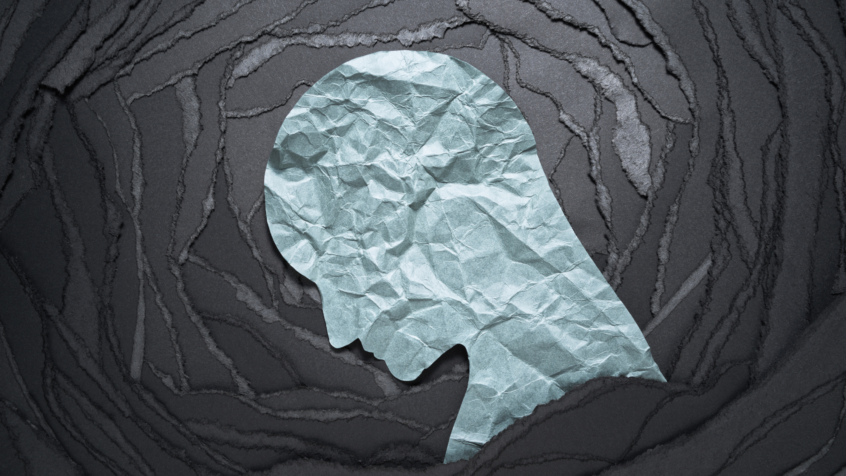Anxiety is a subject that is getting a lot of attention over the past couple years. What a great thing! The pandemic has created the environment for us to experience uncertainty and fear. Uncertainty & fear is the basis of anxiety. I’m personally glad that the topic is being discussed more widely.
It’s the reason that I read Judson Brewer’s latest book: Unwinding Anxiety. Brewer is a MD, PhD neuroscientist & psychiatrist at Brown University. We all can use the researched and expert help in helping us remove anxiety in ourselves and help others.
Brewer says anxiety is created when our minds cannot predict the future. The challenge isn’t about not getting anxious. We all do and we all will. The challenge is figuring out how to deal with it so that it doesn’t create bad habits or cause us more anxiety trying to fix our anxiety.
To unwind anxiety, awareness is the first step. In Brewer’s research and clinical experience, he asked people to map out how anxiety works for them. The three items he looks for are the trigger, the behavior and the reward. Habit loops hinge on something happening in our environment or in our mind – a trigger. Examples are an angry client email or an argument with your partner. That then creates an action – a behavior. Examples can be procrastination or eating ice cream. The behavior is then rewarded. Procrastination helps us to avoid a potentially negative situation and the ice cream makes us feel good.
Research and clinical patients of Brewer’s were able to map out their loops and see how negative habits and the anxiety that perpetuated around the habit works.
He cautions that awareness, while a first step, does not fix the problems. Brewer writes, “Now, anxiety doesn’t just magically disappear simply by the realization that it is born and bred through repetition, becoming a self-perpetuating habit. Intellectual understanding is only the first step. I’ve had many patients come into my office and ‘get it,’ only to walk out and struggle with what to do.”
To let go of the anxiety, we must be able to first see it and then analyze it without judgment. Once you’ve mapped out a loop, a great question that he poses is “What do I get from this behavior?”
The third step to getting rid of anxiety and unwanted habit loops is to offer what Brewer calls a “bigger better offer” to our minds as a reward. He says that the primitive part of our brain is rewards-based. So, to get out of the cycle of the unwanted trigger, behavior, reward, we need to serve up something bigger and better as a reward.
Brewer is an advocate of mindfulness. It’s worked for him and his patients and is proven out in his research studies. He says “You need to find a reward that is more rewarding and doesn’t feed the habit loop through mere substitution of a different behavior. Mindfulness might fit the bill… mindfulness might actually give you more satisfying rewards, as in a substitute that has bigger, better rewards but without the baggage of feeding the craving”
Curiosity is a method that Brewer suggests as a mindfulness tactic. Brewer describes an experience with a patient in the book:
“I told him that when he felt as though he were on high alert, he should take a moment to get curious about what he was feeling, and he should also check to see if there actually was danger. I asked him to try it out in my office and report what his experience was. As he went through the exercise, he said, ‘Wow, those feelings just disappear when I go looking for them.’
‘Is there danger here now?’ I said.
‘No danger . . . calm,’ Dave said.”
At the heart of the book, getting to know how your mind works – specifically your mind, not just how the brain works in general – can help you get over and release the anxiousness that you experience.
Interested in learning more?
Email me for a copy of my highlights and notes from the book
Buy the book to read it directly from the source.

